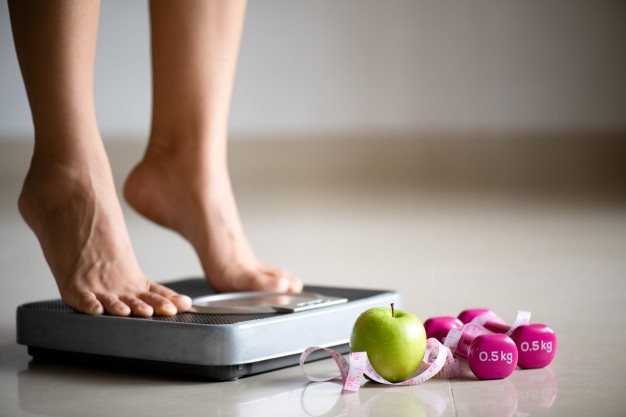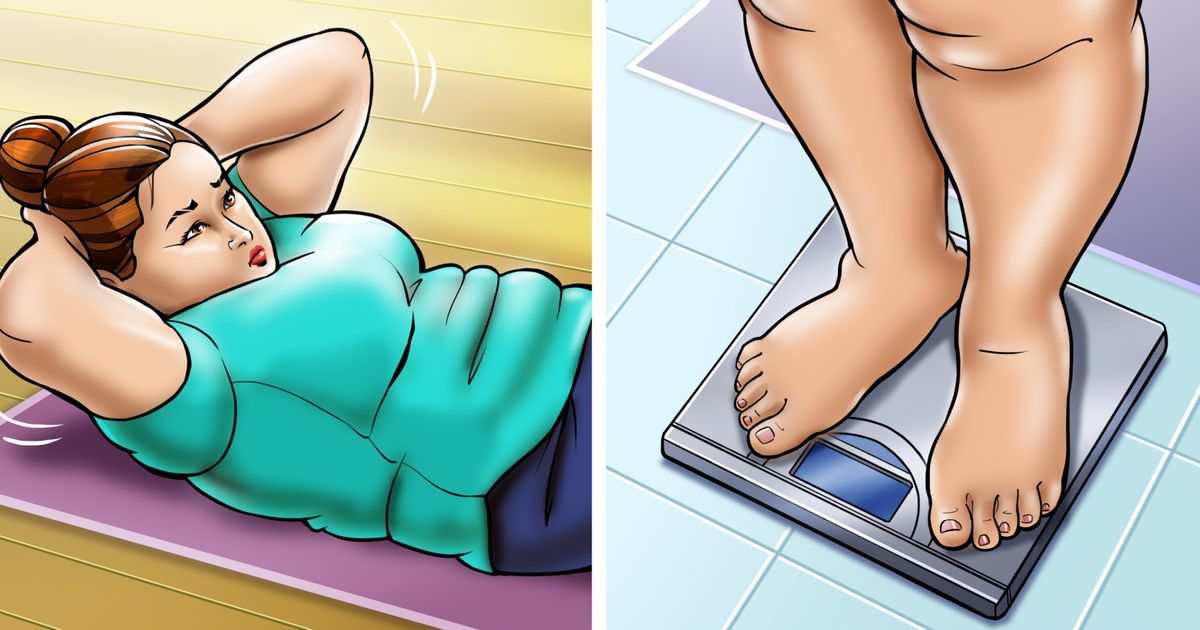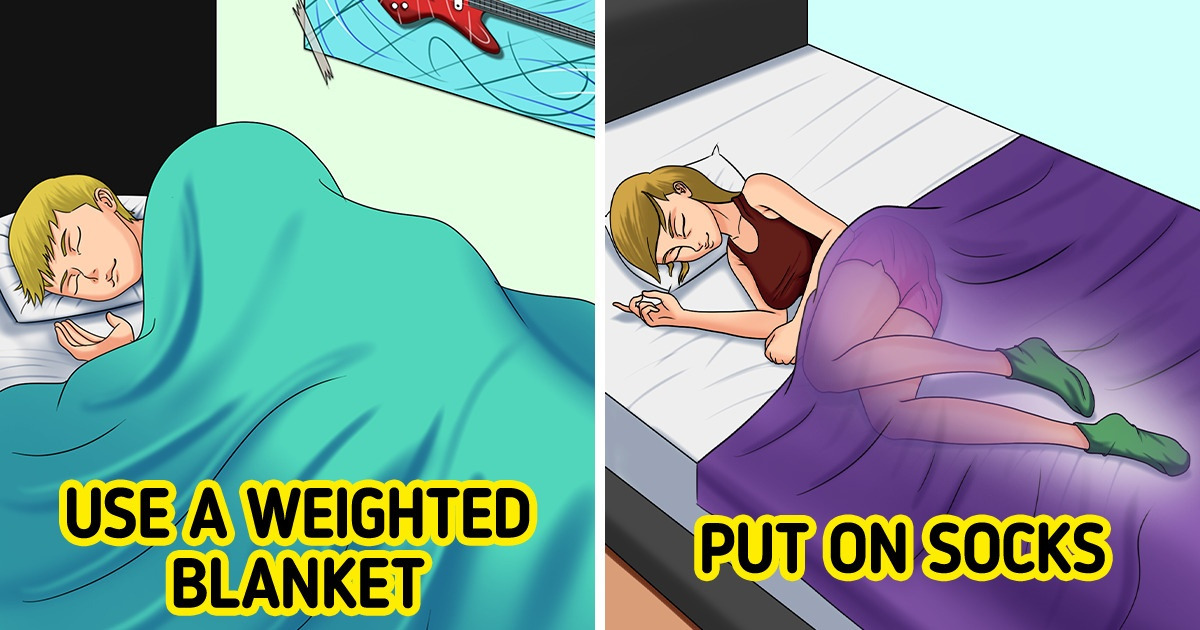Protein is essential for building muscle, repairing tissues, and supporting overall bodily functions. With the rise of high-protein diets and protein supplements, many individuals have turned to increased protein consumption as a way to boost fitness and lose weight. However, while protein is a vital nutrient, eating too much of it can lead to unexpected side effects. In this in-depth article, we explore what happens to your body when you eat too much protein. We’ll dive into the science behind protein metabolism and discuss how an excessive protein intake can cause issues like frequent urination, mood swings, digestive problems, weight gain, chronic fatigue, and even bad breath. By understanding these effects and integrating expert-backed tips, you can adjust your diet for optimal health and performance.
For additional expert advice, be sure to consult trusted sources like Mayo Clinic and Healthline.
Frequent Urination Due to Excess Protein Intake

One of the most immediate effects of consuming too much protein is an increase in the frequency of urination. This occurs because your body works hard to eliminate excess nitrogen, a byproduct of protein metabolism.
How Protein Metabolism Affects Your Kidneys
- Nitrogen Excretion: When you consume protein, your body breaks it down into amino acids and then metabolizes them, producing urea—a compound that contains nitrogen. The kidneys are responsible for filtering urea out of the blood and excreting it in the urine. With a high-protein diet, the urea load increases, prompting more frequent trips to the bathroom.
- Kidney Workload: Over time, consistently high levels of protein can put additional stress on the kidneys. Although healthy kidneys can usually manage the increased load, individuals with preexisting kidney conditions should be particularly cautious.
Practical Tips
- Stay Hydrated: Drinking plenty of water helps your kidneys flush out excess urea efficiently.
- Monitor Protein Intake: Consider tracking your protein consumption to ensure it aligns with your body’s needs, which vary based on activity level and overall health.
For further reading on protein metabolism and kidney health, refer to the Mayo Clinic’s guidelines on protein intake.
Mood and Energy Levels: Why You Might Be in a Funk from Too Much Protein
While protein is crucial for energy and muscle repair, an imbalance in your diet can affect your mood and overall mental well-being.
The Psychological Impact of Excess Protein
- Nutrient Imbalance: A diet overly focused on protein might lack other essential nutrients, such as carbohydrates and healthy fats, that are important for brain function and energy. Carbohydrates, for example, are necessary for the production of serotonin—a neurotransmitter that regulates mood.
- Digestive Discomfort: High protein intake can lead to digestive issues, which in turn can affect your energy levels and mood. Constant discomfort may contribute to feelings of irritability and mental fatigue.
How to Balance Your Diet
- Incorporate Whole Foods: Ensure your meals include a balance of protein, complex carbohydrates, and healthy fats to support both physical and mental health.
- Mindful Eating: Listen to your body’s signals and adjust your diet if you notice mood swings or prolonged fatigue.
For more detailed advice on maintaining balanced nutrition, visit Healthline’s nutrition section.
Digestive Issues: How Excess Protein Can Lead to Constipation

One common yet often overlooked side effect of a high-protein diet is constipation. While protein itself is not inherently constipating, a diet high in protein may lack sufficient fiber, leading to digestive discomfort.
Why High Protein Diets May Cause Constipation
- Fiber Deficiency: Many high-protein diets, especially those that focus on animal-based proteins, are low in dietary fiber. Fiber plays a crucial role in promoting regular bowel movements by adding bulk to stool.
- Dehydration: As mentioned earlier, a high-protein diet increases urea production, which requires more water for excretion. Without adequate hydration, the digestive system can slow down, resulting in constipation.
Remedies for Protein-Induced Constipation
- Increase Fiber Intake: Complement your protein consumption with high-fiber foods such as fruits, vegetables, legumes, and whole grains.
- Stay Hydrated: Aim for at least 8 glasses of water a day, or more if you’re physically active.
- Consider Probiotics: Probiotic-rich foods like yogurt, kefir, and sauerkraut can support healthy digestion and regularity.
For more information on preventing constipation through diet, check out Mayo Clinic’s digestive health tips.
Unexpected Weight Gain: How Too Much Protein May Contribute to Weight Fluctuations

It might seem counterintuitive, but consuming excessive protein can sometimes lead to weight gain rather than weight loss.
Mechanisms Behind Protein-Related Weight Gain
- Caloric Surplus: Protein contains 4 calories per gram, and while it is satiating, overconsumption can still result in a caloric surplus. This extra energy, if not burned off through physical activity, can be stored as fat.
- Increased Fat Storage: When you consume more protein than your body needs for muscle repair and energy, the excess calories can lead to increased fat storage.
- Water Retention: High protein intake may cause your body to retain water as it processes the increased urea, leading to a temporary increase in weight.
Balancing Protein for Weight Management
- Monitor Portion Sizes: Be mindful of your protein portions and aim for the recommended daily intake based on your body weight and activity level.
- Combine With Exercise: Regular physical activity, particularly resistance training, can help ensure that the protein you consume is used for muscle building rather than fat storage.
- Track Your Calories: Use a food diary or nutrition app to keep track of your overall calorie intake, ensuring that you maintain a balance between calories consumed and calories burned.
For additional guidance on weight management and nutritional balance, visit Harvard T.H. Chan School of Public Health.
Fatigue and Low Energy: Why Overconsumption of Protein Might Leave You Tired

Contrary to the popular belief that protein always boosts energy, too much protein can actually contribute to feelings of fatigue and low energy levels.
The Energy Paradox of Excess Protein
- Digestive Burden: High amounts of protein require significant energy for digestion and metabolism. This increased workload on your digestive system can leave you feeling sluggish.
- Imbalanced Macronutrients: An overemphasis on protein might result in inadequate intake of carbohydrates, which are the body’s primary energy source. Low carbohydrate consumption can lead to reduced energy availability.
- Hormonal Effects: Excess protein consumption can sometimes disrupt hormonal balance, affecting sleep quality and overall energy levels.
How to Avoid Protein-Induced Fatigue
- Balanced Diet: Ensure you’re getting enough carbohydrates and healthy fats along with protein. A well-rounded diet supports sustained energy throughout the day.
- Meal Timing: Spread your protein intake evenly throughout the day rather than consuming large amounts in one sitting.
- Listen to Your Body: Pay attention to how different foods affect your energy levels and adjust your diet accordingly.
For more tips on avoiding dietary fatigue and optimizing your energy levels, refer to WebMD’s nutrition and energy guides.
Bad Breath and Other Oral Health Issues: Understanding the Effects of Excess Protein

Bad breath, also known as halitosis, is an unexpected side effect that can arise from a high-protein diet. The breakdown of protein can lead to the production of odor-causing compounds in the body.
How Protein Affects Oral Health
- Ammonia Production: When protein is metabolized, one of the byproducts is ammonia, which can contribute to bad breath if not properly flushed out by the body.
- Bacterial Overgrowth: A diet high in protein, particularly if it lacks sufficient hydration, can create an environment in the mouth where odor-causing bacteria thrive.
- Reduced Saliva Flow: Excess protein may sometimes reduce saliva production, leading to a dry mouth. Saliva is crucial for maintaining oral hygiene as it helps wash away food particles and bacteria.
Tips for Maintaining Fresh Breath on a High-Protein Diet
- Stay Hydrated: Drinking plenty of water helps flush out ammonia and maintain saliva production.
- Oral Hygiene: Brush and floss regularly, and consider using a tongue scraper to reduce bacterial buildup.
- Chew Sugar-Free Gum: This can stimulate saliva production and help neutralize odors.
For more detailed advice on maintaining oral health, see American Dental Association resources on fresh breath and hygiene.
Conclusion: Striking the Right Balance for Optimal Health
While protein is a crucial component of a healthy diet, overconsumption can lead to a range of side effects—from frequent urination and digestive issues to unexpected weight gain, fatigue, and even bad breath. Understanding these potential pitfalls is the first step toward adjusting your diet for better overall health.
Achieving the right balance involves monitoring your protein intake, ensuring a well-rounded diet that includes adequate fiber, carbohydrates, and healthy fats, and staying mindful of how your body reacts to different foods. By taking these proactive steps, you can harness the benefits of protein for muscle building and repair without falling prey to its negative side effects.
Remember, your dietary needs vary based on your lifestyle, activity level, and overall health. It’s important to consult with healthcare professionals or nutrition experts when making significant changes to your diet. For more expert advice, resources like Mayo Clinic, Harvard T.H. Chan School of Public Health, and Healthline offer valuable insights and guidelines.
By embracing a balanced approach to nutrition, you can ensure that you’re fueling your body in the most effective way—supporting muscle growth, maintaining energy levels, and promoting long-term well-being without the unintended side effects of too much protein.
This article is for informational purposes only and does not substitute professional medical advice. Always consult with a healthcare provider for personalized dietary recommendations.









